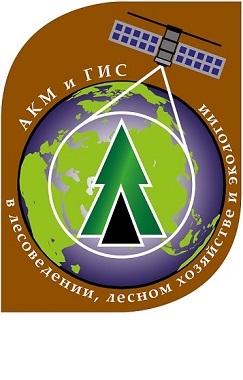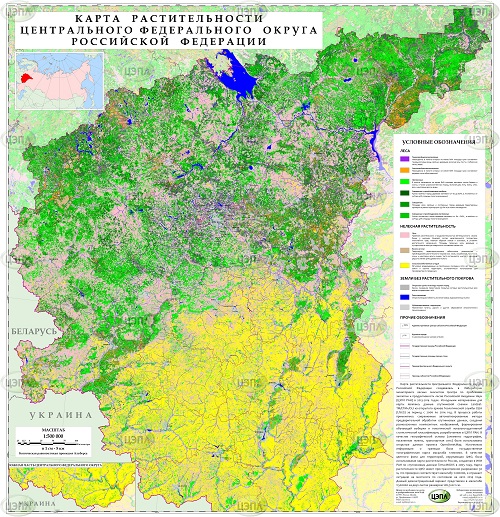Climate and energy
The “Climate and energy” workshop was held on February, 11 2016 in the framework of a regular forum “Oil and gas dialog”.
Perspectives and specific measures after the adoption of the Paris Agreement by Russia were highlighted from the point of view of the Ministry for Natural Resources, experts in energy efficiency and international relations. It should be noted that the Paris Agreement doesn’t effect Russia in terms of financial obligations and emission reduction commitments, but very significant in terms of low-carbon trend in global economy in this century. The long-term strategy of low-carbon development up to 2050 should be presented by 2020. Russia is implementing its Climate Doctrine. But emissions regulation system is not developed, the concept of emissions monitoring system was adopted in 2015 only. Pilot accounting methodologies were installed at companies and the results are expected in 2016. Complex ecology and economic research is needed to follow low-carbon economy path. Global reviews on the issue have significant response, e.g. Stern Review on the Economics of Climate Change, decarbonization report of the Institute for Sustainable Development and International Relations. The new research by Higher School of Economics (Russia) shows that the expenses for economy decarbonization in Russia will stay within 0,8-1,3 % GDP due to renewables – hydro, nuclear, hydrothermal. Significant expenses are needed for renovation of operating CHP stations. Russia can’t show introduction of new capacities although China can despite of open opposition to the global green economy trend. The Energy Strategy of Russia was rewritten three times during the last years. The representatives of the Russian energy sector take the upcoming obvious changes skeptically.










